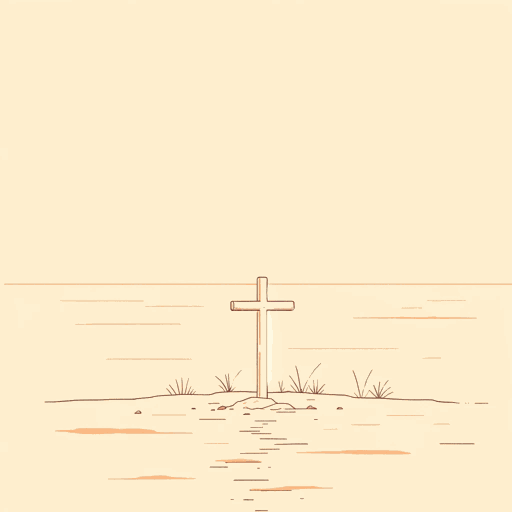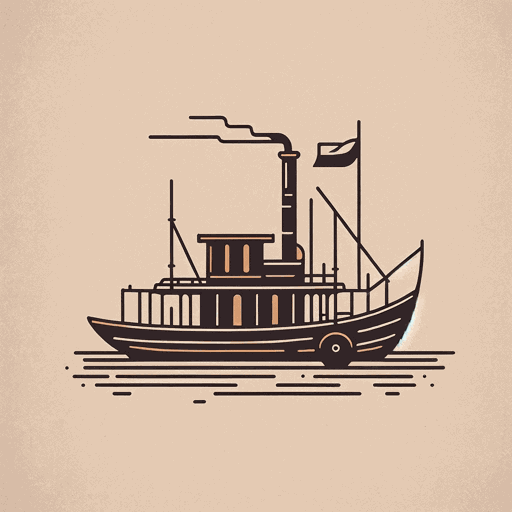53 pages • 1 hour read
Joseph ConradLord Jim
Fiction | Novel | Adult | Published in 1900A modern alternative to SparkNotes and CliffsNotes, SuperSummary offers high-quality Study Guides with detailed chapter summaries and analysis of major themes, characters, and more.
Important Quotes
Content Warning: This section of the guide includes mention of suicide.
“He saw himself saving people from sinking ships, cutting away masts in a hurricane, swimming through surf with a line; or as a lonely castaway, barefooted and half naked, walking on uncovered reefs in search of shellfish to stave off salvation. He confronted savages on tropical shores, quelled mutinies on the high seas, and in a small boat upon the ocean kept up the hearts of despairing men—always an example of devotion to duty, and as unflinching as a hero in a book.”
(Chapter 1, Page 4)
Jim’s romantic musings about the nature of adventure fill much of the book and inform his character. He wants to be the hero that he can likely never be—as evidenced by the incident on the Patna. It also speaks to his imperialist desire to be a leader in exotic places.
“We are snared into doing things for which we get called names, and things for which we get hanged, and yet the spirit may well survive—survive the condemnation, survive the halter, by Jove! And there are things—they look small enough sometimes too—by which some of us are totally and completely undone. I watched the youngster there. I liked his appearance; he came from the right place; he was one of us.”
(Chapter 5, Page 34)
Marlow consistently refers to Jim as one of us, a white gentleman with both the burden and, in Marlow’s view, the promise of empire before him. Having survived the Patna incident, Jim still has the potential for redemption and the ability to do something of substance with his life. Marlow’s musing here foreshadows Jim’s attempts to realize those dreams.
“No wonder Jim’s case bored him, and while I thought with something akin to fear of immensity of his contempt for the young man under examination, he was probably holding silent inquiry into his own case. The verdict must have been one of unmitigated guilt, and he took the secret of the evidence with him into that leap into the sea.”
(Chapter 6 , Page 47)
Captain Brierly, who heads the inquiry into the Patna, dies by suicide shortly after the inquiry, though he has an apparently spotless record. The author shows here that no conscience can be entirely clear, and confronting one’s own transgressions is a frightening task, even though they may be hidden from others—as in Jim’s case in Patusan.
Related Titles
By Joseph Conrad

An Outpost Of Progress
Joseph Conrad

Heart of Darkness
Joseph Conrad

Nostromo
Joseph Conrad

The Secret Agent
Joseph Conrad

The Secret Sharer
Joseph Conrad

Under Western Eyes
Joseph Conrad

Victory
Joseph Conrad

